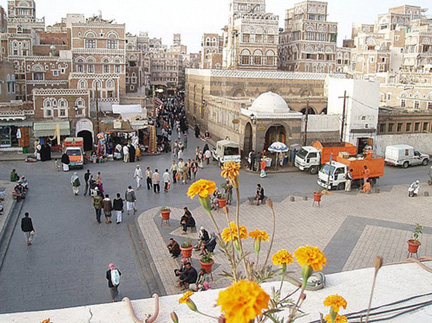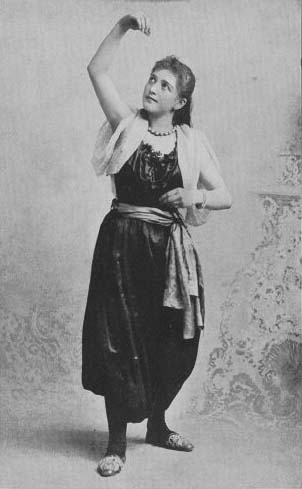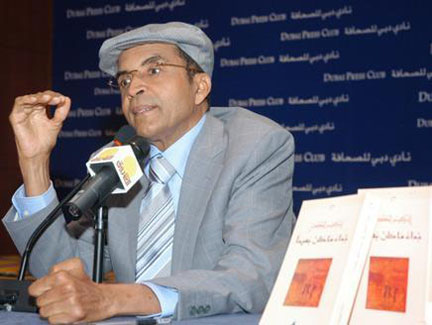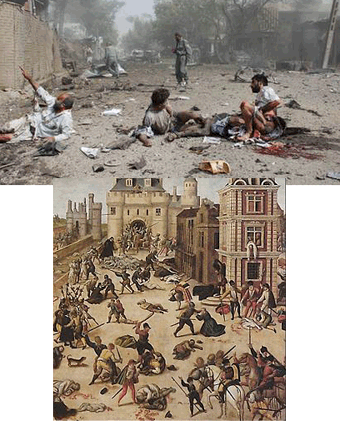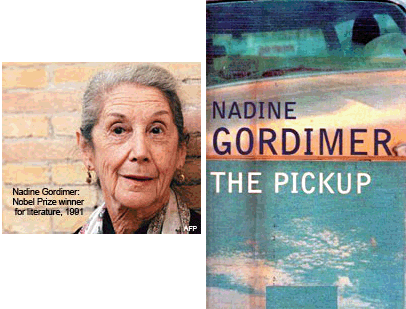
Süleyman the magnificently polemical
ISTANBUL – Hürriyet Daily News, Sunday, January 9, 2011
A new TV soap has generated a massive reaction from conservative circles in Turkey, with claims that the Ottoman dynasty is portrayed in the show as both “indecent†and “hedonistic.â€
The soap, titled “Muhteşem Yüzyıl†(The Magnificent Century), is based on events that occurred during the reign of Süleyman I, also known as Suleyman the Magnificent.
Surviving heirs of the Ottoman dynasty and members of the ruling Justice and Development Party, or AKP, are among critics of the show.
Reactions started to flow in following the broadcast of the trailer, even before the first episode was aired on Jan. 5.
The Supreme Board of Radio and Television, or RTÜK, is reported to have received thousands of complaints, most of which focus on the Sultan’s alcohol consumption and activities in the harem with his concubines. Continue reading Ottomaniacs


